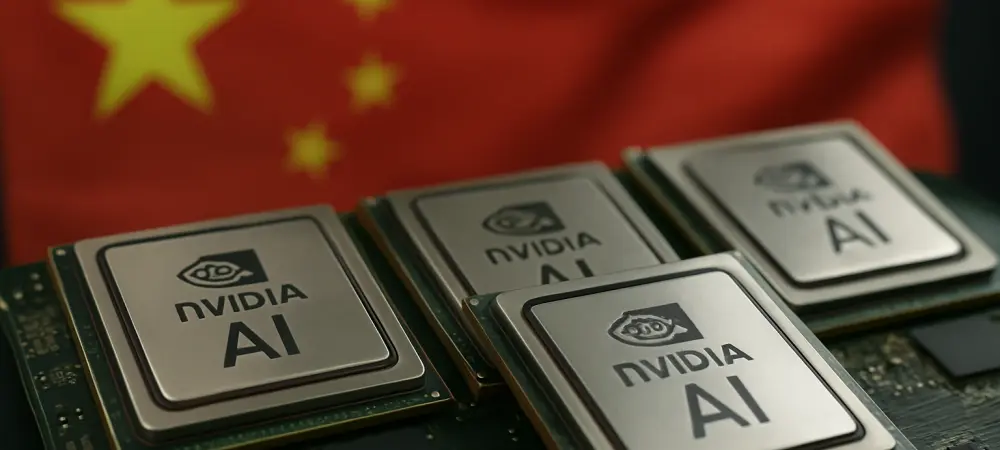The landscape of global trade is continuously evolving, and amidst this dynamic environment, NVIDIA is striving to maintain its competitive edge in AI chip production, particularly in China. Recently, the U.S. lifted an export ban, allowing NVIDIA to reintroduce its ##0 AI chips to the Chinese market. Despite this positive change, several challenges await the tech giant, as persistent production hurdles temper immediate progress. NVIDIA partners with various global suppliers, making a robust supply chain critical to its operations. Yet, significant partners like TSMC are hesitant to adapt their production lines quickly, due to existing commitments to other high-demand tech products. This reluctance does not just pose a challenge; it underscores the complex landscape of semiconductor manufacturing where decision-making is influenced by global demands rather than individual corporate strategies.
Navigating Supply Chain and Market Dynamics
In response to various challenges in China, NVIDIA is leveraging its current ##0 chip inventory to address immediate demand. Simultaneously, the company is pivoting towards newer technologies such as the B20 AI chip and the RTX PRO 6000D, broadening its product range to meet diverse market needs in sectors like automotive, healthcare, and consumer electronics. This strategic move is part of an industry-wide trend where innovation is crucial for maintaining relevance. Despite optimistic revenue forecasts from China, logistical issues might slow financial gains, underscoring the importance of efficient supply chain coordination.
NVIDIA’s approach demonstrates a commitment to resilience, innovation, and market leadership. By diversifying beyond the ##0 chip, NVIDIA aims to be adaptable amid changing market dynamics and technological advancements. Challenges like regulatory navigation and supply chain restructuring also offer opportunities for NVIDIA to reshape its strategic presence in China, a market poised for significant AI growth. Successfully maneuvering these challenges could solidify NVIDIA’s position as a global semiconductor leader, capturing future opportunities.

